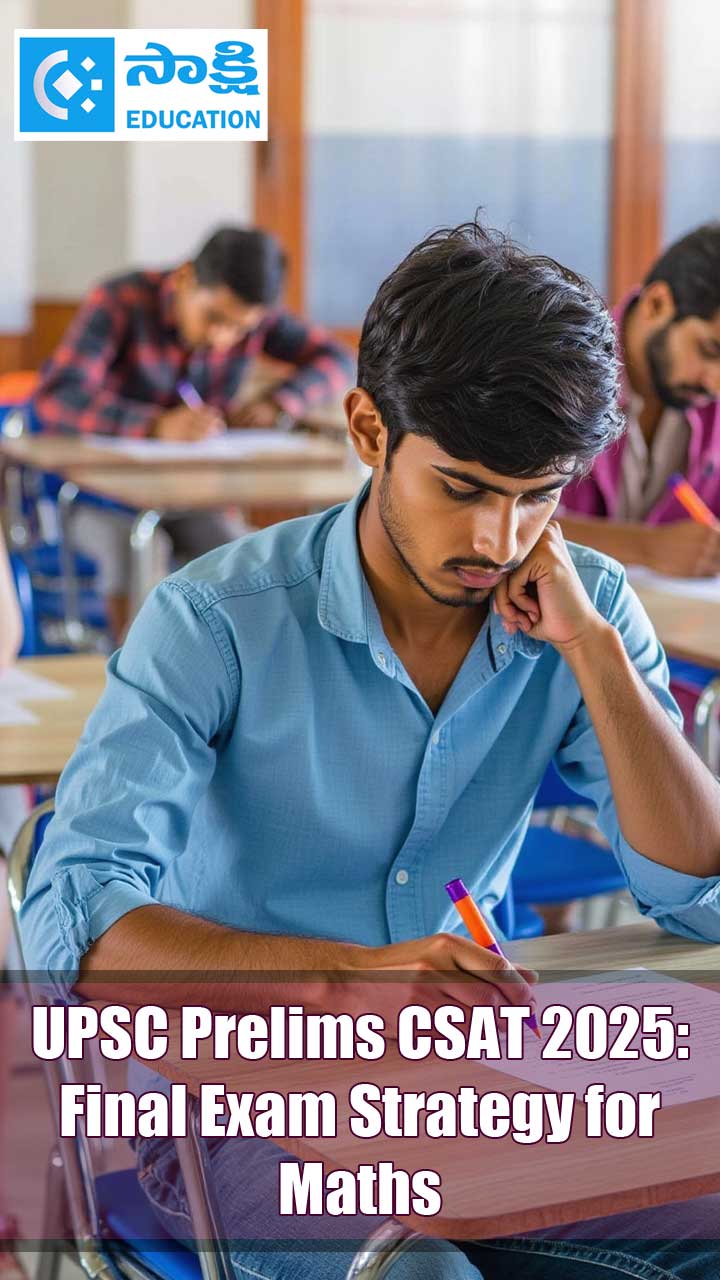Indian Prime Minister’s four day tour to G20 Summit and Vietnam
Sakshi Education
Indian Prime Minister Narendra Modi returned on 5th September after a four-day visit to Vietnam and China. In Vietnam, he held bilateral talks with top leadership.


The 2016 G20 Hangzhou summit was the eleventh meeting of the Group of Twenty (G20). It was held on 4–5 September 2016 in the city of Hangzhou (province of Zhejiang).
It was the first ever G20 summit to be hosted in China and the second Asian country after 2010 G20 Seoul summit was hosted in South Korea.
In Hangzhou, Indian Prime Minister participated in G20 Summit and also held bilateral meetings several world leaders. According to him discussions at G20 Summit were extensive and wide-ranging.
The India and China have already regarded their relationship as strategic, but during the visit, they felt to work more closely and scaled up the level of engagement as Comprehensive strategic partnership.
India’s offer of extending Line of Credit of 500 million US Dollars to deepen defence cooperation and signing of 12 MoUs for cooperation in various areas are other significant achievements. Vietnam has emerged as a strong partner of India’s Act East Policy.
In G 20, Prime Minister made significant interventions in discussions and raised issues of combating terrorism, black money, banking secrecy, IMF reforms and trade facilitation agreement for services among others. He advocated strong action plan to achieve inclusive and interconnected development.
On the sidelines of the Summit, he participated in BRICS leaders’ meeting as Chair of the forthcoming Summit in Goa. He had the opportunity to refresh bilateral ties with leaders of seven countries including China, UK, France and Australia.
Zero tolerance on graft, black money: Highlighting the importance of cracking down on the menace of black money, corruption and eliminating safe havens for economic offenders, Prime Minister Narendra Modi emphasised on the need to act against financial corruption. The PM also called for further strengthening the global financial safety net.
Countering corruption, black money and ensuring sustainable growth through collaborative action were Prime Minister Narendra Modi's thrusts during his interventions on day 2 of the G20 summit in Hangzhou. The PM said fighting corruption, black money and tax evasion were key to effective financial governance. Zero tolerance for corruption and black money, zero administrative policy and treaty loopholes, zero barriers and full commitment to action were his other prescriptions to tackling black money. For better global economic & financial governance, Prime Minister Modi laid stress on a stable global economic and financial system to ensure growth.
It was the first ever G20 summit to be hosted in China and the second Asian country after 2010 G20 Seoul summit was hosted in South Korea.
In Hangzhou, Indian Prime Minister participated in G20 Summit and also held bilateral meetings several world leaders. According to him discussions at G20 Summit were extensive and wide-ranging.
The India and China have already regarded their relationship as strategic, but during the visit, they felt to work more closely and scaled up the level of engagement as Comprehensive strategic partnership.
India’s offer of extending Line of Credit of 500 million US Dollars to deepen defence cooperation and signing of 12 MoUs for cooperation in various areas are other significant achievements. Vietnam has emerged as a strong partner of India’s Act East Policy.
In G 20, Prime Minister made significant interventions in discussions and raised issues of combating terrorism, black money, banking secrecy, IMF reforms and trade facilitation agreement for services among others. He advocated strong action plan to achieve inclusive and interconnected development.
On the sidelines of the Summit, he participated in BRICS leaders’ meeting as Chair of the forthcoming Summit in Goa. He had the opportunity to refresh bilateral ties with leaders of seven countries including China, UK, France and Australia.
Zero tolerance on graft, black money: Highlighting the importance of cracking down on the menace of black money, corruption and eliminating safe havens for economic offenders, Prime Minister Narendra Modi emphasised on the need to act against financial corruption. The PM also called for further strengthening the global financial safety net.
Countering corruption, black money and ensuring sustainable growth through collaborative action were Prime Minister Narendra Modi's thrusts during his interventions on day 2 of the G20 summit in Hangzhou. The PM said fighting corruption, black money and tax evasion were key to effective financial governance. Zero tolerance for corruption and black money, zero administrative policy and treaty loopholes, zero barriers and full commitment to action were his other prescriptions to tackling black money. For better global economic & financial governance, Prime Minister Modi laid stress on a stable global economic and financial system to ensure growth.
- He said capital requirements under new regulations should not raise the cost of finance
- IMF should remain a quota based institution and not depend on borrowed resources and Global Financial Safety Net should be further strengthened
- He said vision of open, inclusive & rule-based global trading architecture should underpin collective efforts
- He stressed full implementation of Bali & Nairobi ministerial decisions for trade facilitation
- He added that global trading regime must respond to needs & priorities of developing nations
- He highlighted India's priority to work on Trade Facilitation Agreement for Services
- He also said G20 needs to act to stimulate investment flows
- He added that global investment principles should allow policy space to countries depending on national circumstances & development focus
- He highlighted his govt's national initiatives that range from poverty elimination to encouraging entrepreneurship & innovation
- How Agenda 2030 could be an enabler to transform societies & bridge deep inequalities
- He laid out specific actions the world can take through collaborative action in the next 15 years
The PM took up the issue of climate change in the last session on "other issues affecting world economy" where he stressed the need to safeguard climate justice saying focus should not just remain on ratifying the Paris accord but ensuring full success.
Collective, coordinated and targeted action was a common theme through the PM's prescriptions during the 2-day G20 summit. He also highlighted all the efforts that India is making to nurture it's growth aspirations through improved financial systems, boosting domestic production and infrastructure investment apart from creating a pool of human capital.
Collective, coordinated and targeted action was a common theme through the PM's prescriptions during the 2-day G20 summit. He also highlighted all the efforts that India is making to nurture it's growth aspirations through improved financial systems, boosting domestic production and infrastructure investment apart from creating a pool of human capital.
Published date : 06 Sep 2016 03:31PM













